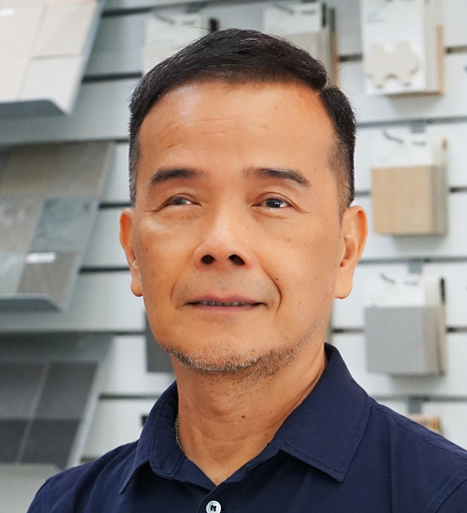
A tour guide in Thimphu once told me that in Bhutan, teachers are seen as God in human form, and it is a highly regarded and a popular career choice. Are we really God in human form? Often misconstrued and there’s a fine line drawn to being God or “playing God”.
When we hear or make comments like; “this is so ugly”, or “you call this good works”, or “I don’t accept this” and even the slightest remarks such as “is this it?”, “what is this?”,……,we failed as lecturers as these remarks reflect an act of control or in a superior way, that often affect students’ with negative implications and raises concerns about the ethics and appropriateness of lecturers’ interventions; and also seen as a criticism overstepping boundaries.
Someone playing God for no greater cause than “because I said so,” may also be a surrendering of ego that feels like an ego upgrade. Self-deification is also self-sycophancy, devotion to an imaginary idealised self-image and that is NOT educating. God doesn’t judge lives within us to lead, guide, and direct our paths God is all-seeing, all-knowing, all-powerful, and the source of moral goodness. So, if we play God, ask ourselves if we are more insightful, knowledgeable, powerful and with the highest morale.
Education is a holistic process that goes beyond rote learning. Aims to provide inclusive, equitable, and meaningful learning experiences; empower students with knowledge, skills, values, and beliefs; via formal learning in institutions like colleges and universities, non-formal learning through hobbies and other activities, and informal learning from everyday experiences to shape well-rounded, capable and resilient individuals.
This customer-centric industry goes beyond mere “transactions” to personalised solutions, emotional connections, and shared objectives, transforming business relationships into partnership and long-term trust. Educators facilitate this process and equip students with lifelong learning skills for this rapidly changing world, addressing both academic and social-emotional development.
The golden rule in teaching is that lecturers shouId treat their students as they would have their own instructors treat them. Students learn best when treated with courtesy and respect and when encouraged to learn in the way that suits them best. Key qualities in good teaching are empathy, patience, strong communication, and the ability to inspire and adapt to students’ diverse needs to foster a lifelong love of learning. Lecturers are people mastery with extraversion and assertiveness traits.
So how do we know if we are good lecturers and not playing God:
. love and value students; if you do not enjoy the company of young people, then higher education is. not the field for you.
. be prepared and know your subject matter; uphold professionalism, leadership, and management.
Skills
. engage and challenge students; active listening, be fair and respectful while holding them to high.
Expectations
. teach lifelong lessons; develop relationships and long -term trusts with students.
. communicate well, and with varied audience; advocate the needs of others.
“Teachers can change lives with the right mix of chalk and challenges.” – Joyce Meyer
We don’t have to travel to Bhutan to find the happiest place on Earth. Our classrooms with.
“one book, one pen, one child, and one teacher can change the world” – Malala Yousafzai
and make it a better and happier place….







